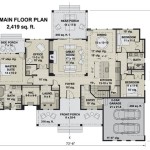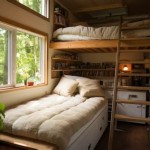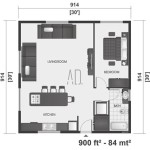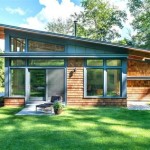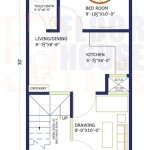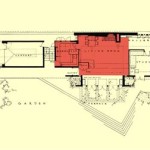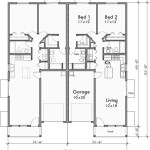Carport Plans Attached to House: A Comprehensive Guide
Carports are an increasingly popular option for homeowners looking to protect their vehicles from the elements while also enhancing their property's curb appeal. Carports attached to the house offer several advantages over stand-alone structures, including weather protection, convenience, and design flexibility.
Benefits of Attached Carports
- Weather protection: Attached carports provide ample coverage for vehicles, shielding them from rain, snow, and intense sunlight.
- Convenience: Accessing the carport is made effortless as it is directly connected to the house, eliminating the hassle of walking to a separate structure.
- Enhanced aesthetics: Carports can complement the architectural style of the house, creating a cohesive outdoor space that adds value to the property.
Choosing the Right Carport Plans
Selecting the ideal carport plans for your home requires careful consideration of several factors:
- Size: Determine the size of your vehicles and allow for additional space for movement and storage.
- Design: Consider the architectural style of your house and choose a carport design that harmonizes or complements it.
- Materials: Select durable materials such as metal, aluminum, or wood that can withstand weather conditions and heavy loads.
- Permits and regulations: Check local building codes and obtain any necessary permits before constructing the carport.
Popular Attached Carport Designs
- Single-car carport: This is the simplest and most common type of attached carport, providing protection for one vehicle.
- Double-car carport: Accommodates multiple vehicles side-by-side, offering a more spacious option.
- Gabled carport: Features a peaked roofline that adds architectural interest and allows for higher ceilings.
- Lean-to carport: Attaches directly to the side of the house without supporting pillars, creating a sleek and modern aesthetic.
Construction Tips for Attached Carports
- Prepare the site: Clear the construction area of debris and level the ground if necessary.
- Install the supports: Anchor the carport posts or columns securely into the ground using concrete or other suitable footings.
- Assemble the frame: Connect the beams and rafters according to the plan, creating the structure of the carport.
- Install the roofing: Cover the frame with roofing material, such as asphalt shingles, metal roofing, or polycarbonate panels.
- Add finishing touches: Install gutters and downspouts to redirect rainwater, and consider adding lighting or storage options as desired.
Conclusion
Carports attached to the house offer homeowners a practical and aesthetically pleasing way to protect their vehicles. By choosing the right plans and following proper construction techniques, you can create an attached carport that seamlessly complements your home and enhances its functionality. Whether you prefer a single-car or double-car design, selecting materials and design elements that align with your home's architecture will ensure a harmonious outdoor space that adds value and convenience to your property.

Image Of Carport Designs Attached To House Pergola Patio

How To Build An Attached Carport Howtospecialist Step By Diy Plans

25 Inspiring Carport Ideas Attached To House Wood Design Designs Makeover Pergola

Carport Addition Plans 1 Car Plan 047g 0023 At Www Thegarageplan Com

Diy Attached Carport

Carport Attached To The House Plans Myoutdoorplans

24 Carport Design Ideas To Spruce Up Your Home 2024

Attached Carport Plans Gardenplansfree

24 Carport Design Ideas To Spruce Up Your Home 2024

Carport Attached To House 22 Ideas Create A More Stylish Exterior Jimenezphoto Building Designs

